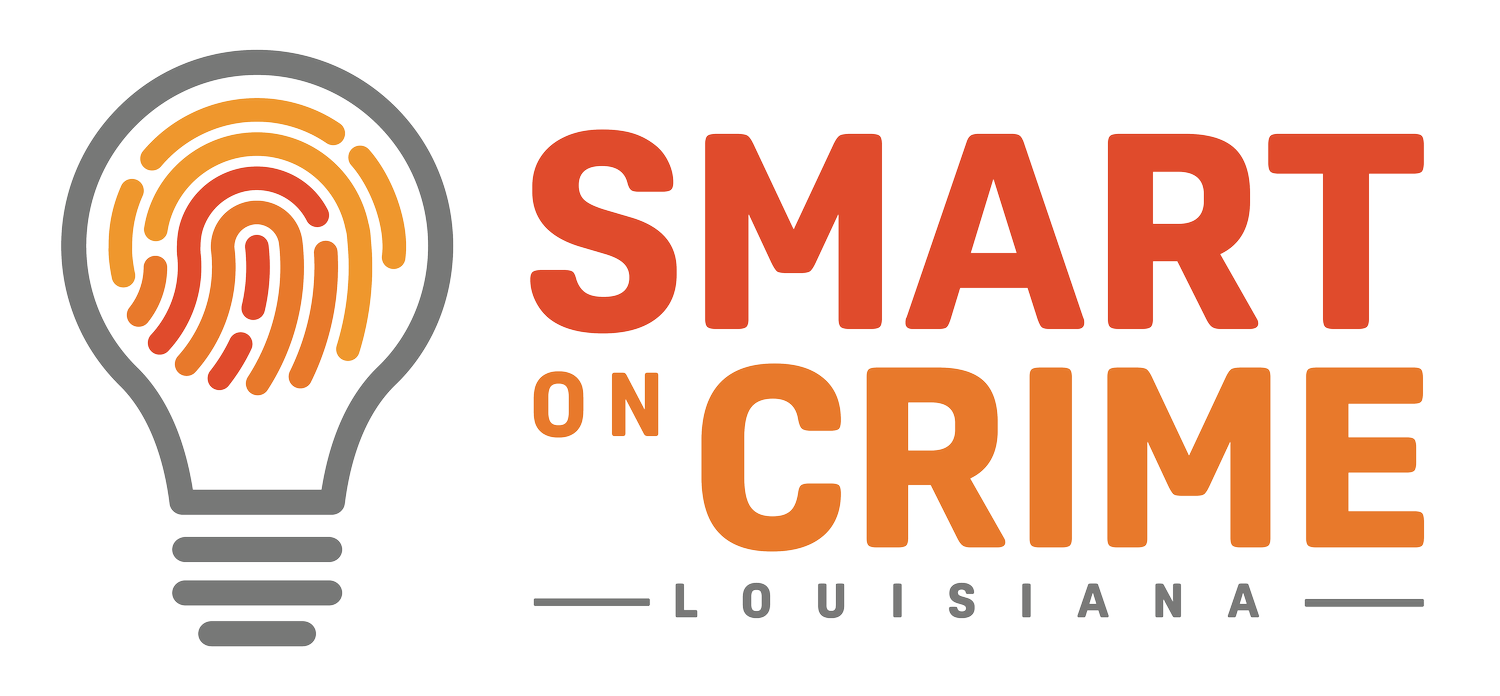The Injustice of Delayed Justice
Lawsuits against the Louisiana Department of Safety and Corrections (DOC) have been cleared by a federal judge to move forward as a class action lawsuit. The defendants are inmates and the formerly incarcerated who claim the DOC held them in prison past their sentence—sometimes well past their release date. The suit highlights the dysfunction of Louisiana’s sentencing structure and criminal justice system.
The details of the inmates' stories are alarming. Stuck in the limbo of pretrial detention for years at a time, defendants await their day in court. Often in these cases, by the time a judge hears their case and hands down a sentence, they have already spent a time equal to their sentence in pretrial detention. To make matters worse, those awaiting trial often find themselves in overcrowded prisons and housed alongside previously convicted criminals. In other instances, lack of communication and clear protocol around good time credits and sentencing standards means that prisoners watch their release date come and go with no freedom to show for it. Regardless of which errors lead to overdetention, the end result is the same: people are unjustly imprisoned on the Louisiana taxpayer’s dime.
The ruling for class action traces the overdetention problem back over a decade. In 2012, the Department of Public Safety and Corrections (DPSC) performed an internal review and was made aware that 83% of DPSC prisoners were overdetained. In 2017, DPSC reported that prisoners considered “immediate release” were held an average of 49 days past their sentence. In 2019, the DOC estimated that overdetention was costing the state around $2.8 million per year in housing costs. In 2023, a report found that in a span of a few months in 2022, over a thousand inmates were victims of this practice—free citizens held in jail or prison.
Clogged courts, overwhelmed prosecutors, and a complex sentencing structure all play a role in delaying justice. The Times-Picayune|Advocate investigative reporting team has consolidated data to show the extent of the dysfunction in their series “Longing for Justice.” The problem is hardly new, but this research, alongside ongoing reports of overcrowding, strained resources, and the recent critical mass of lawsuits, creates a strong argument for change.
Despite the magnitude of the problem, solutions are not inaccessible. In his ruling, Judge John DeGravelles cited electronic records submission as a small change that can have a large impact on the status quo. The judge acknowledged the DOC’s recent efforts, but questioned why simple changes, particularly around data, had been delayed for so long.
Uniform methods of data collection, reporting, and sharing are evidence-backed ways to improve the efficacy and efficiency of criminal justice systems. When agencies and courts are in conversation, fewer people and resources get ignored or lost along the way. During Louisiana’s 2025 Regular Legislative Session, lawmakers took steps to modernize Louisiana’s data systems. Act 46 and Act 364 require electronic submission of records and standardize record sealing procedures, respectively. As Judge DeGravelles pointed out—and recent policy advances prove—Louisiana is capable of change. It’s time for delayed justice to end.
